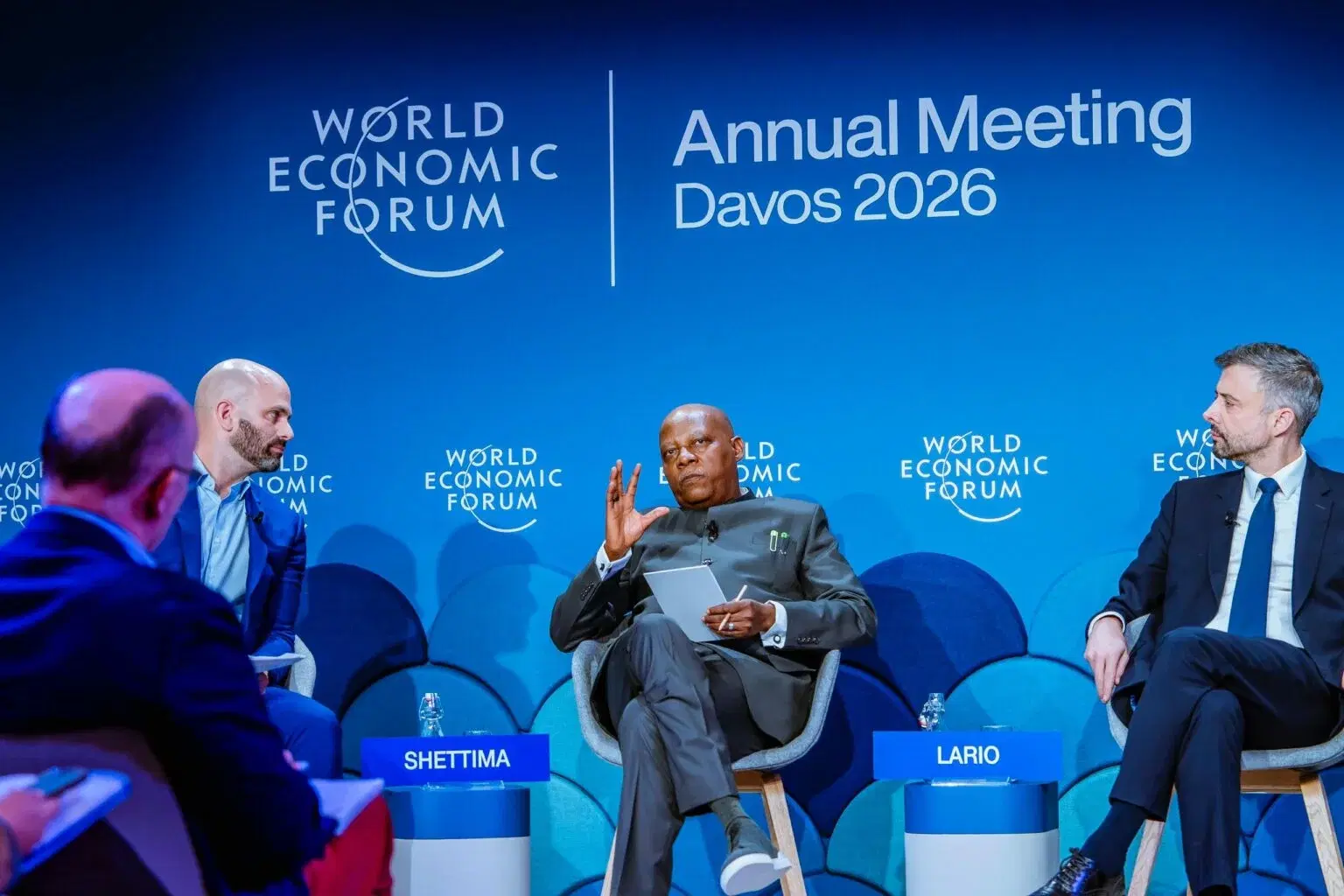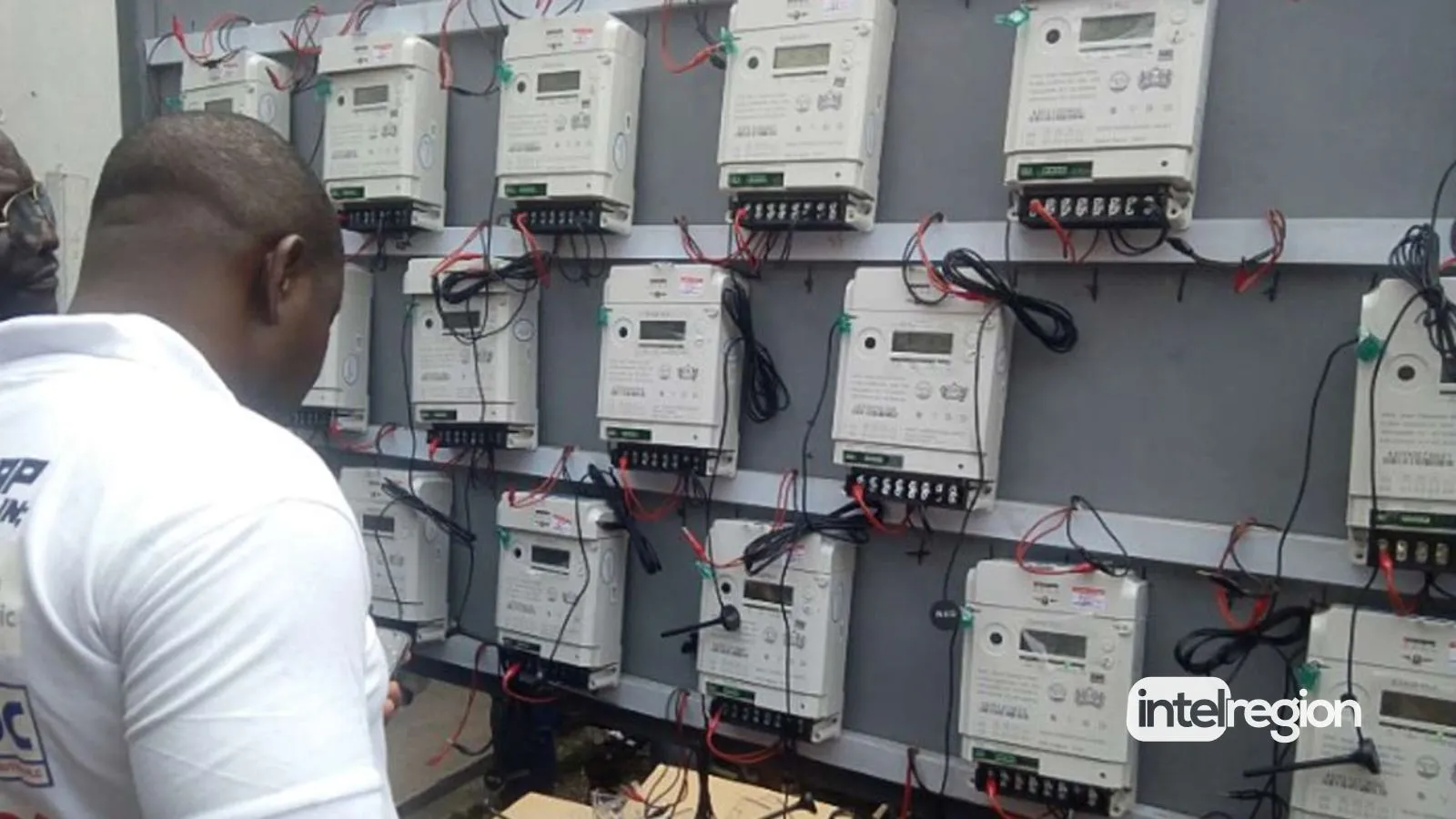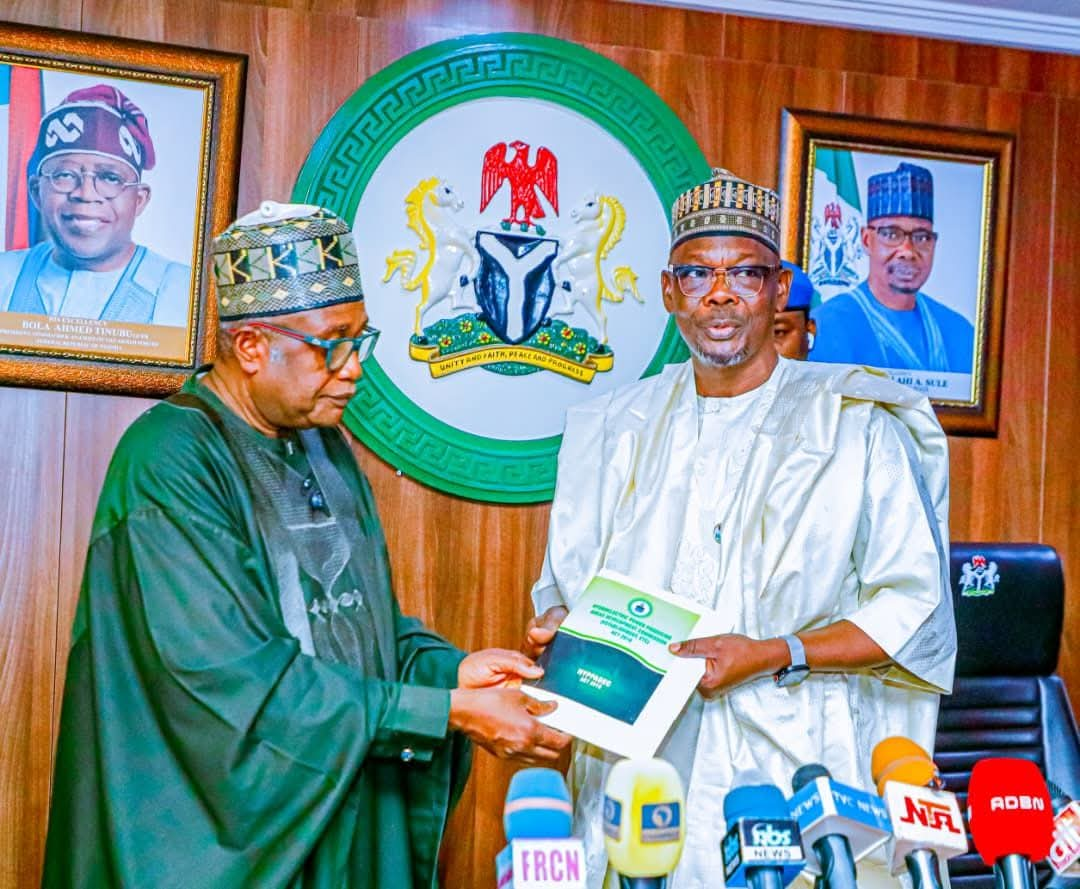The Nigerian National Petroleum Company Limited and Morocco’s Office National des Hydrocarbures et des Mines made significant progress on Friday toward the realization of the African Atlantic Gas Pipeline, a project estimated to cost around $26 billion.
This collaboration aims to enhance gas supply and infrastructure across Africa, furthering regional energy integration, according to Arise News.
Speaking, during the Joint Meeting of Ministers from the Economic Community of West African States, NNPC Group Chief Executive, Mr. Mele Kyari highlighted that the advancements in the African Atlantic Gas Pipeline project demonstrate the value of robust regional cooperation.
The meeting was attended by ECOWAS ministers of hydrocarbons and energy, along with officials from Mauritania and Morocco, reinforcing the significance of collaborative efforts in enhancing energy initiatives throughout West Africa.
Represented by the Executive Vice President of Gas, Power and New Energy, NNPC Group, Olalekan Ogunleye, Mr. Mele Kyari called the African Atlantic Gas Pipeline project a strategic initiative.
He praised President Bola Tinubu and the Nigerian government for their support of the project.
Kyari noted that significant progress has been made, with the Front End Engineering Design Phase 2 study now complete.
He also mentioned ongoing efforts related to Environmental and Social Impact Assessments, as well as the Land Acquisition and Resettlement Policy Framework.
“These achievements underscore our shared capacity and resolve to bring this pipeline project to fruition, demonstrating both the project’s viability and our capability for effective execution, supported by strong regional collaboration, which we continue to appreciate.
“NNPC is well positioned to progress this project by leveraging on its expertise across gas production, processing, transmission and marketing, and experience having executed similar projects like the West African Gas Pipeline (WAPG).
“It is therefore essential that we work together to achieve our shared vision, which extends far beyond gas supply for energising our nations,” he stated.
Kyari emphasized that the timely completion of the African Atlantic Gas Pipeline (AAGP) will rely on the continued commitment and collaboration of member states to ensure its success.
The AAGP, spanning 6,800 kilometers, will connect Nigeria to Morocco and is expected to supply gas to all ECOWAS member states, Mauritania, and potentially Europe.
The project will traverse 13 coastal countries, merging two significant initiatives: the $975 million West African Gas Pipeline Extension Project (WAGPEP) and the Nigeria-Morocco Gas Pipeline Project (NMGP), estimated at around $25 billion.
Also speaking at the event, the Minister of State, Petroleum Resources (Gas), Ekperikpe Ekpo, said the merger of the two projects reflected the region’s strategic vision for a more connected and economically vibrant pipeline network.
He noted that the project is expected to unlock new markets and enhance energy security across the region.
“We stand at a critical juncture where these draft agreements being deliberated today, hold the power to reshape our energy landscape, strengthen our economies, and uplift our people,” he stated.
In his remarks, ECOWAS Commissioner for Infrastructure, Energy and Digitalisation, Sédiko Douka, said the main objective of the meeting was to present to ministers in charge of hydrocarbons, the latest version of the committee’s documents.
He stated that the initiative will also allow members to provide updates on the project’s overall progress, which is essential for consolidating the involvement of all member states in the development process.
“This project is of vital importance to our region, as increased access to natural gas will not only boost our electricity generation capacity, but also drive economic, industrial, and agricultural growth across the region.
“We have 6,800 kilometres of gas supply network, within we have 5,100 kilometres offshore that pass all the coastal countries, plus Mauritania, plus Morocco, and in the future is to bring gas to Europe,” he pointed out.
In her comments, the Minister of Energy Transition and Sustainable Development, Morocco, Leila Benali, described the event as historic, emphasizing that it demonstrates how ECOWAS, as a regional structure, is showcasing the effectiveness of multilateralism.











